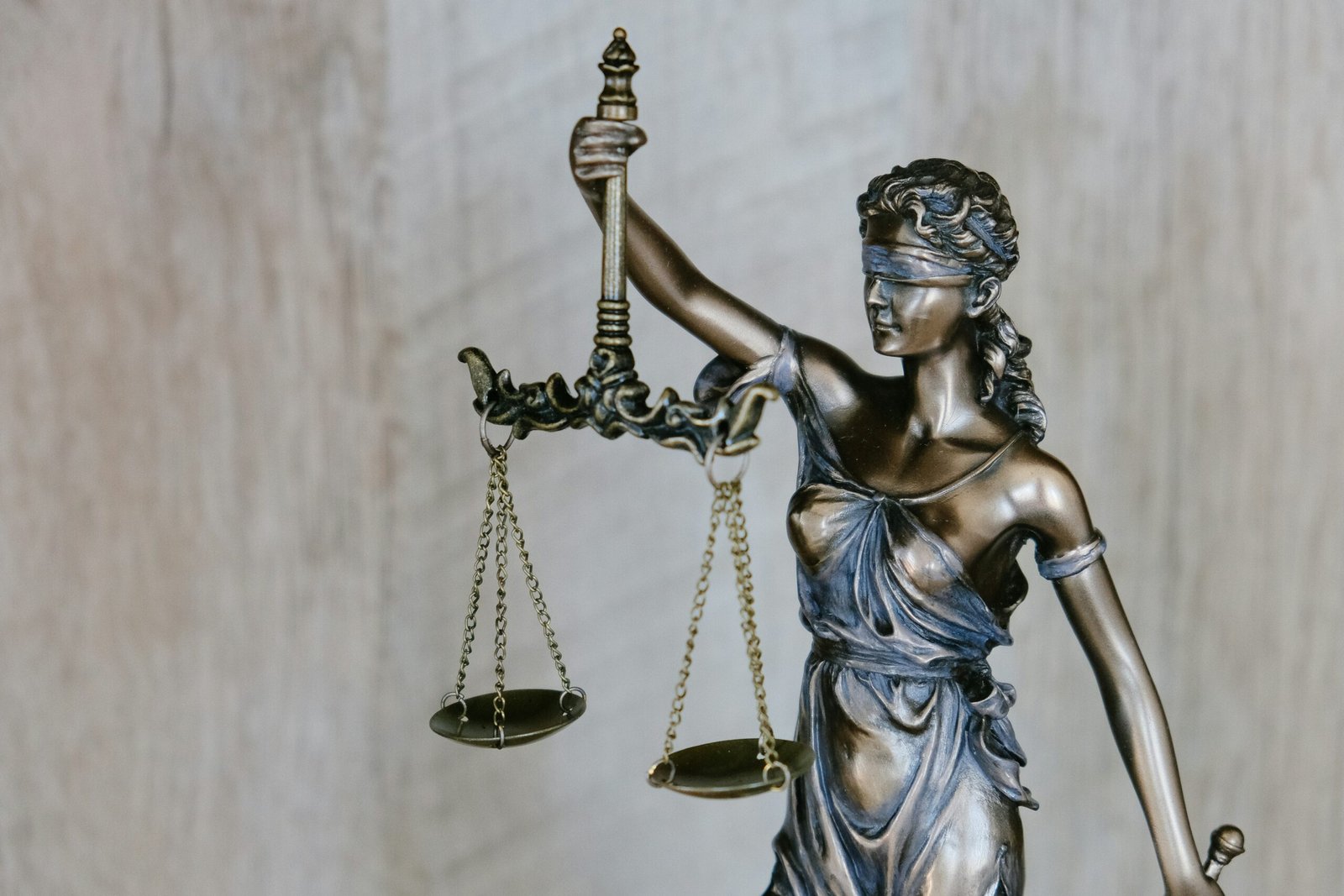The Legal System
Welcome to our comprehensive guide to the legal system. Whether you are a law student, a legal professional, or simply someone who wants to understand how the legal system works, this guide is for you. In this article, we will provide an overview of the legal system, explain its key components, and explore the different branches of law. So, let’s dive in!
Understanding the Legal System
The legal system is a complex framework of laws, regulations, and institutions that govern our society. It is designed to maintain order, protect individual rights, and resolve disputes. At its core, the legal system is built on the principle of justice, ensuring that everyone is treated fairly and equitably.
The legal system can be divided into two main components: civil law and criminal law. Civil law deals with disputes between individuals or organizations, such as contract disputes or personal injury claims. On the other hand, criminal law focuses on offenses against society as a whole, such as theft, murder, or fraud.
The Key Components of the Legal System
Now, let’s take a closer look at the key components of the legal system:
1. Legislation
Legislation refers to the process of creating laws. In many countries, legislation is the responsibility of the legislative branch of government, such as the parliament or congress. Laws are created through a series of steps, including drafting, debating, and voting. Once a law is passed, it becomes binding and enforceable.
2. Judiciary
The judiciary is the branch of government responsible for interpreting and applying the law. It consists of judges and courts at various levels, from local courts to the highest appellate courts. The judiciary ensures that laws are applied fairly and consistently, and it plays a crucial role in resolving disputes and administering justice.
3. Executive
The executive branch of government is responsible for enforcing the law. It includes the president or prime minister, as well as various government agencies and departments. The executive branch ensures that laws are implemented and enforced effectively, and it has the power to investigate and prosecute individuals or organizations that violate the law.
4. Legal Profession
The legal profession consists of lawyers, judges, and other legal professionals. Lawyers are trained in the law and provide legal advice and representation to individuals and organizations. They play a vital role in advocating for their clients’ interests and ensuring access to justice.
The Branches of Law
Within the legal system, there are different branches of law that govern specific areas of society. Here are some of the main branches of law:
1. Constitutional Law
Constitutional law deals with the fundamental principles and structures of government. It includes the interpretation and application of a country’s constitution, as well as the rights and freedoms of individuals. Constitutional law often involves important legal and political issues, such as the balance of power between branches of government and the protection of human rights.
2. Criminal Law
Criminal law deals with offenses against society as a whole. It includes crimes such as murder, theft, and fraud. The purpose of criminal law is to maintain public order, protect individuals from harm, and ensure that offenders are held accountable for their actions. Criminal law involves the investigation, prosecution, and punishment of individuals who commit crimes.
3. Civil Law
Civil law deals with disputes between individuals or organizations. It includes areas such as contract law, tort law, and family law. The purpose of civil law is to provide a legal framework for resolving conflicts and compensating individuals for harm suffered. Civil law cases are typically resolved through negotiation, mediation, or litigation in civil courts.
4. Administrative Law
Administrative law deals with the relationship between individuals and government agencies. It includes areas such as immigration law, environmental law, and tax law. The purpose of administrative law is to ensure that government actions are lawful, fair, and transparent. Administrative law cases are often heard in specialized administrative tribunals or courts.
5. International Law
International law deals with the relationships between countries and other international actors. It includes areas such as international human rights law, international humanitarian law, and international trade law. The purpose of international law is to regulate interactions between states and promote peace, cooperation, and respect for human rights.
Conclusion
In conclusion, the legal system is a complex and essential framework that underpins our society. It ensures that laws are created, interpreted, and enforced, and it provides a means of resolving disputes and administering justice. Understanding the legal system is crucial for anyone who wants to navigate the complexities of the law or participate in the legal profession. We hope that this comprehensive guide has provided you with a solid foundation to explore the fascinating world of the legal system.
